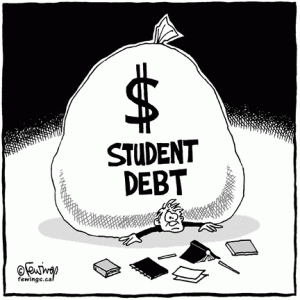 SAT have you stressed?
SAT have you stressed?
Don’t worry. It’s not the end of the world.
Although the SAT (Scholastic Assessment Test) is a crucial ingredient to the Getting-Into-College formula, stressing yourself out over it will only hurt your cause rather than help it.
Students in High School are often encouraged to register and take the SAT early. For upperclassmen, this is the time where colleges are reviewing applications and sending out letters of acceptance, this is also a prime time for underclassmen to prepare for the SAT. A great way to get started is to visit The College Board for SAT/ACT registration and preparation.
To really make it simple, there is no easy way to study for a perfect score on this test. The best way to score your best is to approach it with different strategies like knowing how to write a well-constructed essay so that it will be a breeze, regardless of the topic.
Here are 10 tips to help you score high on the SAT:
Learn the section directions
before you go in to take the test. This saves time and allows you more time to work on questions.
Answer easy questions first.
Don’t spend too much time on harder questions. Mark skipped questions in your exam book so you can quickly return to them later.
Guess the answer,
and try to eliminate at least one of the choices provided.
You can write in the test book:
cross out wrong answers; do your mathwork on the pages. What matters is the answer sheet.
Make your mark heavy and dark.
You’ve heard it from all your teachers. A machine scores the test and can’t tell the difference between a correct answer and a careless doodle.
Skip questions
if you have no idea what the answer could be. You don’t lose any points for skipping. It’s always a good idea to use any spare time you have to go back to it and take a second look.
Understand the scoring!
You get 1 point for a right answer. You lose a fractional point for a wrong answer. There is no deduction for omitted answers, or for wrong answers in the math section’s student-produced response questions.
Keep track of the time.
Don’t spend too much time on any one question. You should spend only seconds on the easiest questions, and hesitate to spend more than 1-2 minutes on even the hardest ones. Also, bring a watch. Don’t depend on your proctor to have an accurate clock in the room!
First instincts can be your friend.
Don’t change an answer unless you’re sure you made an error.
Sleep well the night before,
and eat breakfast the day of the test. Proper rest always helps your brain and body function smoothly, and breakfast will help you remain alert and remember your test-taking skills.



